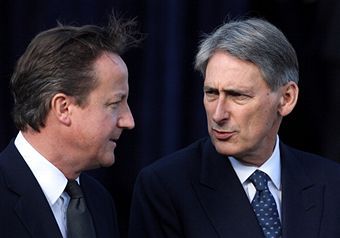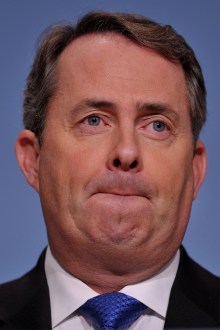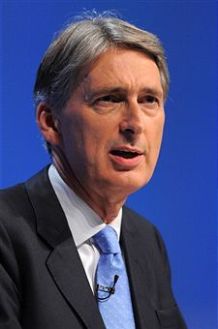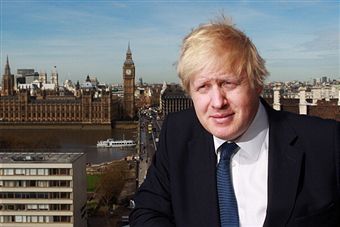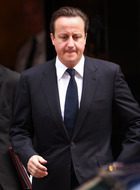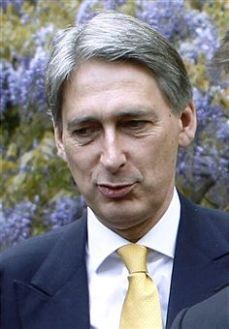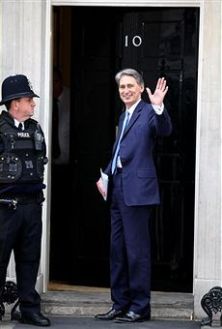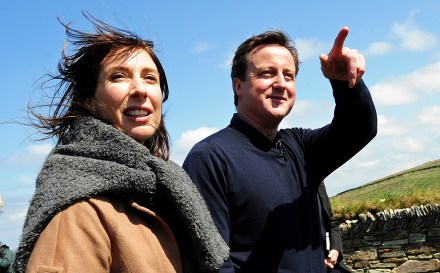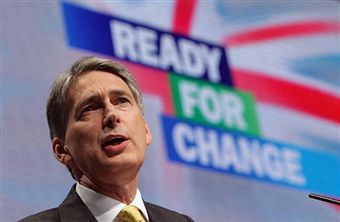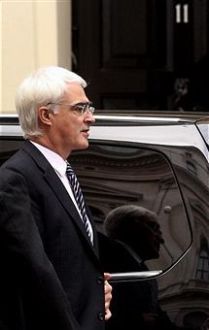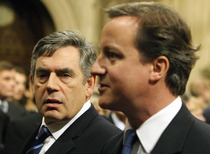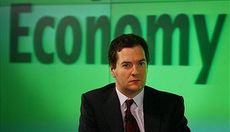Hammond: New front opening in Afghanistan
Defence Secretary Philip Hammond was in the Commons this afternoon, discussing, among other things, the spate of attacks on Shia Muslims in Afghanistan. At least 59 people have been killed in sectarian atrocities over the last week or so, a chilling a new pattern of violence as Western powers begin to contemplate withdrawal. Hammond denied that there is a link between the forthcoming transition and these attacks. Instead a ‘new front’ is opening in Afghanistan. What is this new front? Hammond was vague, but Lahore-based journalist Ahmed Rashid explains, in tomorrow’s edition of the Spectator, that the sectarian attacks are the hallmark of a now desperate al-Qaeda. As happened in





